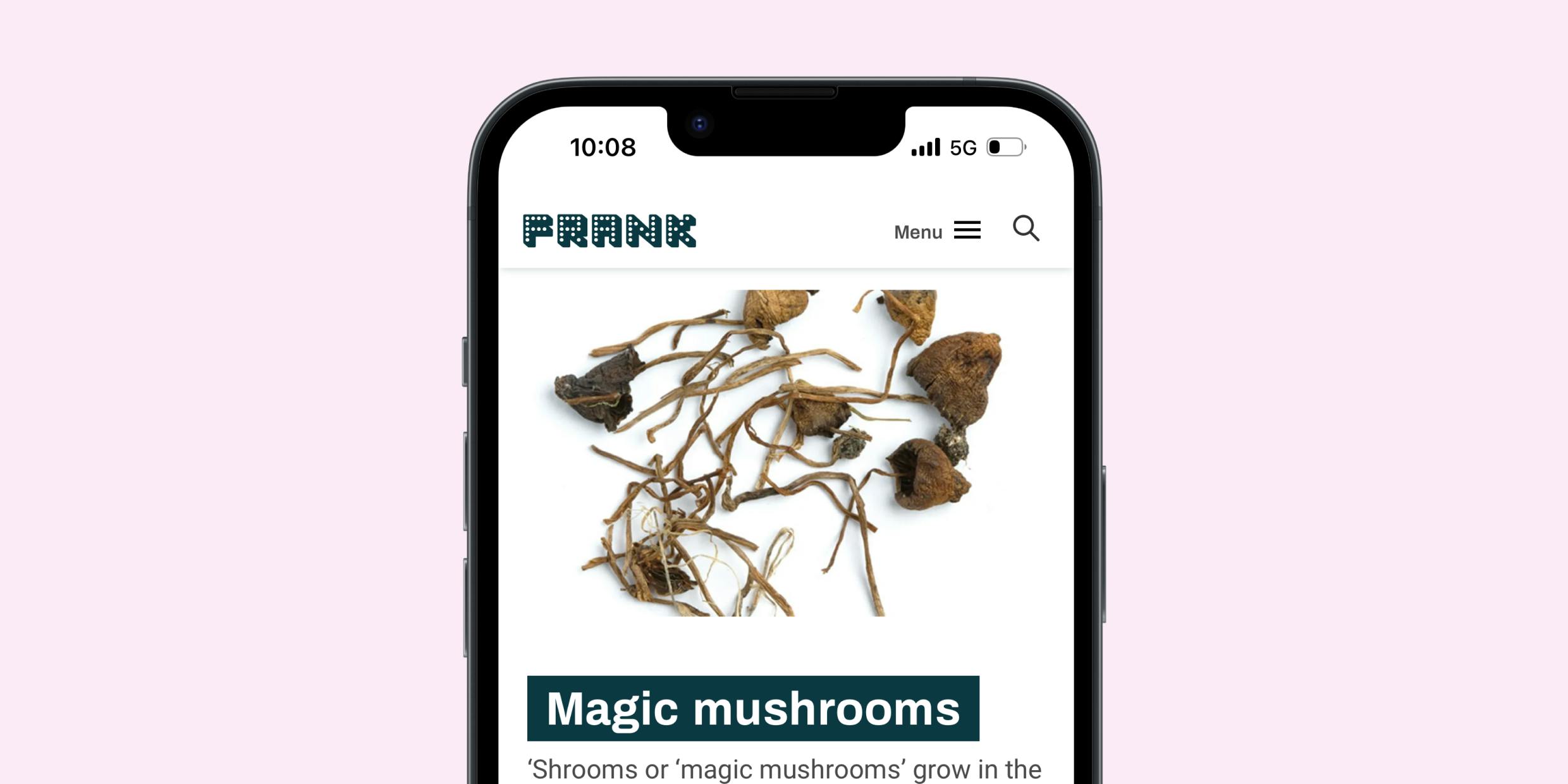Tackling digital exclusion through service optimisation

talktofrank.com is a free online service, provided by the UK government that aims to reduce the harm caused by drugs by providing free, confidential information and advice.
We’ve been working with talktofrank.com since 2018, having originally been asked to redesign and rebuild their website to ensure that it was as useful and usable as possible for the 750,000 monthly visitors who typically access the service via their phones.
Users of talktofrank.com usually come to the site wanting to find information regarding specific things so for them speed is of the essence. If pages take too long to load, for example, then people are likely to abandon it without getting the information they need and potentially leaving them at risk of harm.
Our work resulted in the amount of visitors to the site increasing by 39% and a 200% increase in the amount of users seeing a fully loaded page in less than three seconds.
We were particularly proud when Google used our work as a case study of how to optimise websites for use on mobile devices.
Where are we now?
Fast forward to 2024, and talktofrank.com is playing a key role in supporting a new 10-year drug strategy ‘from harm to hope’ that aims to improve quality and access of drug and alcohol treatment by reducing drug use to a 30-year low.
In order for talktofrank to be as successful as possible in its mission to reduce the harm caused by drugs, it must reach the widest possible audience and not contribute to wider societal issues such as digital exclusion.
People who are digitally excluded typically lack the skills to use or the means to access digital services. They are also more likely to suffer in some way such as experiencing poorer health outcomes, social isolation and financial vulnerability.
Digital exclusion is particularly relevant to talktofrank because a significant proportion of its 500,000 monthly visitors access the service from older phones via slow 3G connection. These factors impact their ability to access the service and may lead to them not being able to obtain the information they need.
Google challenged us to see if we could further optimise the site for this audience in an effort to maximise the service and make it as inclusive as possible.
We rolled up our sleeves and got under the bonnet to work out where potential improvements could be made. We took a ‘marginal gains’ approach aiming to make lots of small changes in different areas that would together, add up to a significant improvement.
We used Google Chrome's CrUX dashboard, webpagetest.org and Sentry (for real user monitoring) to establish some performance baselines and identify areas for improvement. We then applied the following changes:
- We optimised image sizing and format for faster loading and implemented 'lazy loading' to defer loading off-screen images.
- We prioritised loading key resources that are required on the current page (images & fonts) by adding preload and prefetch headers for quicker interactivity.
- We reduced the number of downloads required on each page, and extended the cache duration for stable assets (e.g. logos, icons, presentational images) to one year.
- We adjusted how the framework and service worker cache and preload content, tailoring it to Frank's user's behaviour (referencing the site analytics), by focusing on relevant content delivery and disabling features that were resulting in unnecessary downloads.
Small changes making a big difference
The results of these changes were staggering.
The size of the pages have now been reduced by up to 80%.
This means that people are now able to see the information they need up to 30% faster than they could before, reducing the potential access issues for those with older devices and slower 3G network connections.
An unintended consequence of this work is that the carbon footprint of the site has also been reduced by over 80%.
We're super proud to work with talktofrank to help them to deliver a service with such a positive impact on people's lives. If you want to hear more about this work, get in touch! Drop me an email at james.chudley@cxpartners.com or message me on LinkedIn.

